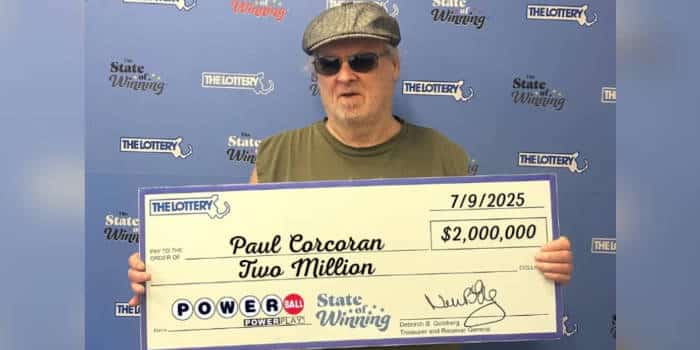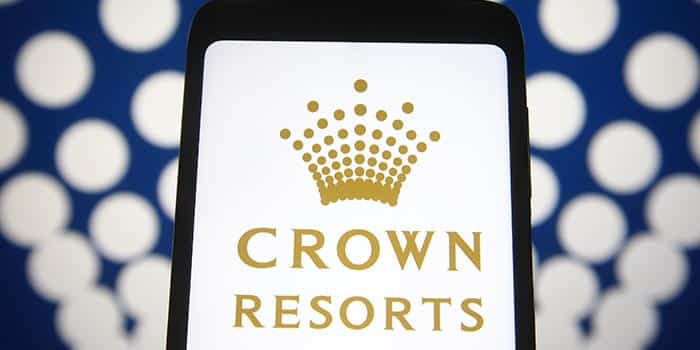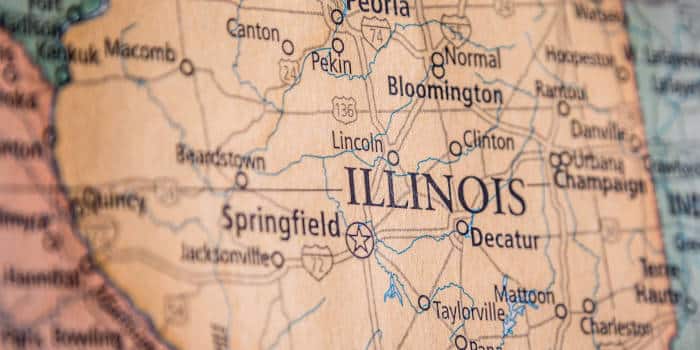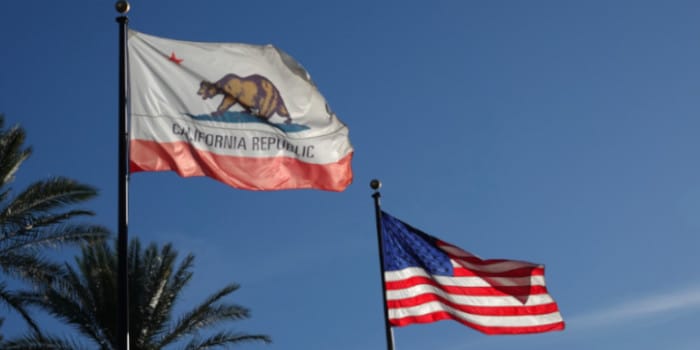- Casino
- By State
- Alabama
- Alaska
- Arizona
- Arkansas
- California
- Colorado
- Connecticut
- Delaware
- Georgia
- Florida
- Hawaii
- Idaho
- Illinois
- Indiana
- Iowa
- Kansas
- Kentucky
- Louisiana
- Maine
- Massachusetts
- Maryland
- Michigan
- Minnesota
- Mississippi
- Missouri
- Montana
- Nebraska
- Nevada
- New Hampshire
- New Jersey
- New Mexico
- New York
- North Carolina
- North Dakota
- Ohio
- Oklahoma
- Oregon
- Pennsylvania
- Rhode Island
- South Carolina
- South Dakota
- Tennessee
- Texas
- Utah
- Vermont
- Virginia
- Washington
- West Virginia
- Wisconsin
- Wyoming
- By State
- Slots
- Poker
- Sports
- Esports
Fact-checked by Stoyan Todorov
Nevada Streamlines Game Design Submissions, Easing IP Hurdles
Nevada gaming manufacturers will now have to worry less about securing IP rights ahead of pitching a game to the state’s regulator, opening up the sluicegates of innovation

A hitherto cumbersome practice of having game manufacturers in Nevada secure the licensing rights for certain franchises before pitching games based on those franchises has been scrapped, as the Silver State has opted to instead review submissions for game designs based on popular Intellectual Property even before the developers have obtained the licensing rights in the first place.
Nevada Developers Won’t Be Tied by IP Deals Anymore
If this sounds like a lot to take in, it is a clever regulatory move to incentivize game developers such as Aristocrat and International Game Technology to showcase their game concepts for games based on franchises whose rights they have not yet secured, but which they know have a reasonable chance of signing a deal for.
The Nevada Gaming Commission approved the new rules during a December 19 meeting of the regulator, with Gaming Control Board Technology Division chief Jim Barbee welcoming the changes. He summed up the subtle but important amendments as follows:
“This will make it clearer that they can bring their ideas in front of the Board, while they’re exploring the acquisition of the IP and find out if this is something I can even get on the floor. I look at it as a potential boon for the industry. Perhaps in the future, we’ll see more IP-related game themes, because the industry might not be inhibited by the current language of the law.”
Previously, operators had to go and secure the rights for an IP before they could even pitch a game design for consideration, putting a chokehold on innovation and making game developers more skittish about taking unnecessary risks.
However, the truth is that the regulator has already been looking at such license applications, knowing full well that not every company had secured the licensing rights for a franchise just yet, but that, owing to the company’s status in the Nevadan gaming ecosystem, it had a reasonable chance of procuring them anyway.
Regulators Won’t Waste Resources as They Review Game Prototypes
Barbee noted that this won’t put regulators in a situation where they are combing through hundreds of submissions without merit and thus tying up precious resources. Rather, companies would still have to make a reasonable presentation that demonstrates core features and graphics.
In other words, a company that is presenting the game and that has not obtained the licensing rights just yet would still have to have a sort of working prototype to show the commission. The issue with the current mode of doing things is that obtaining a licensing deal can be a lengthy process, with developers losing time on getting input from the regulator on what can be improved and how the game can be best steered.
This, however, is now coming to an end. It’s okay not to have the IP if a developer can obtain it in the process of developing their game, added commissioner Brian Krolicki.
Related Topics:
Although Fiona doesn't have a long-spanning background within the gambling industry, she is an incredibly skilled journalist who has built a strong interest in the constantly growing iGaming network. The team at Gambling News is glad to have her on our roster to help deliver the best stories as soon as they hit. Aside from writing, she loves to dabble in online casino games such as slots and roulette, both for her own enjoyment and also as research to better improve her understanding of the industry.
Previous Article

Industry
December 27, 2024
South Korean Actress’s Mother Escapes Jail Time for Role in Illegal Gambling Ring

Must Read
Industry
July 14, 2025
Senate Blocks Attempt to Reverse Gambling Tax Rule
More Articles




Lottery
July 18, 2025
Man Wins $1M from 2 Powerball Tickets

Industry
July 18, 2025
Carnival Corporation Becomes Member of AGA

Casino
July 18, 2025
Evolution on Q2 Results: “2025 Will Be a Great Year”













